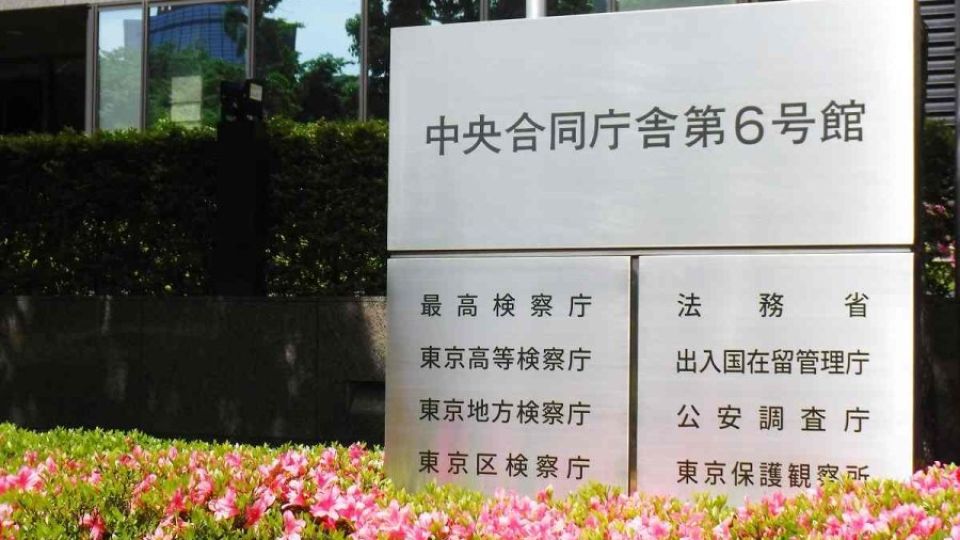June 7, 2023
TOKYO – Japan is poised to offer long-term resident status to fourth-generation Japanese descendants who meet certain requirements, The Yomiuri Shimbun has learned.
Japan is poised to offer long-term resident status to fourth-generation Japanese descendants who meet certain requirements, The Yomiuri Shimbun has learned.
The Immigration Services Agency plans to revise the resident status system to improve the environment for fourth-generation Japanese descendants to live and work long-term in Japan and encourage them to settle in the country, according to sources.
A visa system for fourth-generation Japanese descendants was introduced in 2018, based on the working holiday framework, under which young people can work while studying in Japan.
The system was aimed at Japanese descendants living in countries with a history of Japanese immigration such as Brazil and Peru.
Only fourth-generation Japanese descendants aged 18-30 at the time of entry to Japan are eligible under the current system, which entitles them to work in the country for up to five years. However, spouses and children are not allowed to accompany applicants, in principle.
Applicants also need to provide the name of a Japanese “supporter,” someone in the country who can help out during their stay.
According to the Immigration Services Agency’s draft proposal, fourth-generation Japanese descendants will be able to apply for long-term residency after five years in Japan if they meet certain requirements, such as Japanese language proficiency equivalent to N2 in the Japanese Language Proficiency Test.
N2 is the second highest level in the JLPT’s five-tier certification. People who pass the test should be able to understand Japanese used in everyday situations and in a variety of circumstances.
People with long-term residency can stay indefinitely in Japan and spouses and children can also accompany residents with the status.
According to the proposed revision, fourth-generation Japanese descendants aged 31-35 with Japanese language proficiency equivalent to N3 will also be eligible.
Currently, a Japanese supporter can only be named on the applications of up to two people. That figure will be increased to three under the proposed revision.
According to the agency, 243,625 Brazilians and Peruvians with Japanese ancestry were living in Japan as of 2021.
The government had expected to welcome 4,000 fourth-generation descendants per year under the current visa system. However, as of the end of 2022, only 128 people with the resident status were residing in Japan.
The government wants to ease the application requirements to increase the number of people who can serve as a bridge between Japan and Japanese communities overseas, according to the sources.

